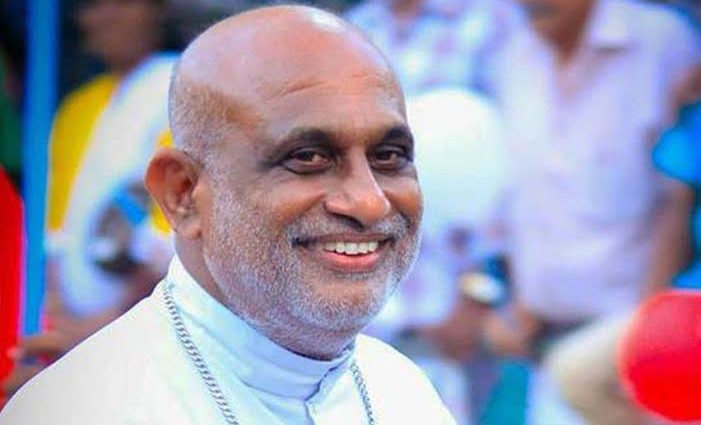By Jose Kavi
New Delhi, Dec 20, 2024: The head of the Syro-Malabar Church has set up an eight-member special tribunal to address the “ongoing disciplinary issues” in the Ernakulam-Angamaly archdiocese.
“The Church resorts to judicial procedures only after exhausting avenues of mercy, love, and advice. The tribunal is empowered to impose penalties proportional to the severity of the offences, following due canonical process,” says a December 19 statement issued by Vincentian Father Antony Vadakkekara, the Church’s public relations officer and media commission secretary.
Father Vadakkekara’s statement said Major Archbishop Mar Raphael Thattil set up the tribunal on December 18 through a decree under the Canon 89 of the Code of Canons of the Eastern Churches that grants him “the right and duty to oversee the discipline of priests.”
On the same day, the Archdiocesan Protection Committee, comprising priests, religious and laity of the Ernakulam-Angamaly archdiocese, said it will boycott the “one-sided” tribunal that was set up “illegally, without following proper procedures.”
A dispute over the rubrics of the liturgy has troubled the archdiocese for years.
The archdiocese’s more than 450 priests and half a million Catholics have refused to accept the rubrics approved by the Church’s synod three years ago, saying the Church’s top body had ignored their demands.
The synod-approved Mass wanted celebrants to face the altar during the Eucharistic prayer. Most Catholics in the archdiocese refused and continued with their traditional Mass, in which the celebrant faced the congregation throughout the Mass.
The Church statement says the special tribunal will handle disciplinary cases, including the refusal to comply with lawful orders and warnings, through appropriate canonical procedures.
“The uniform mode of celebration of the Holy Qurbana, introduced on November 28, 2021, has faced resistance despite consistent efforts by [the Pope], the Dicastery for the Eastern Churches, the Synod of Bishops of the Syro-Malabar Church, the Major Archbishop, the Apostolic Administrator, and the Pontifical Delegate.,” the statement explained.
What prompted the creation of the tribunal, it added, was the discord caused by the “ongoing indiscipline” among the faithful and unrest in the community.
The tribunal proceedings and penalties, it explained, aimed to act as both a remedy for ecclesiastical disorders and a corrective measure.
Normally, tribunals are set up at diocesan level, but in the Ernakulam case, the Church’s major archbishop curia intervened after the archdiocese’s apostolic administrator informed the Church authorities about the non-feasibility of a tribunal to operate locally under the current circumstances, the statement explained.
The major archbishop has given the tribunal the authority to take canonical action against priests, religious, and laity within the Ernakulam-Angamaly archdiocese who are found to be engaging in acts of indiscipline. “It will operate according to the Code of Canons of the Eastern Churches and other applicable Church laws,” the statement added.
At the same time, the archdiocesan committee alleges “ulterior motives” and “height of immorality” in the synod’s decision to appoint Father James Mathew Pampara as the tribunal president.
Father Pampara, a member of the Carmelites of Mary Immaculate congregation, views the Archdiocese of Ernakulam-Angamaly “as an enemy” and has written against its faithful for several years, alleges its statement issued by public relations officer Father Jose Vailikodath.
None in the tribunal, comprising only priests, is from the Ernakulam-Angamaly archdiocese.
Two judges in the tribunal are Fathers Jose Marattil and Joy Paliyekara. Father Gervasis Anithottathil will act as the promoter of justice, while Father Joseph Kamichery is its notary. Advocates appointed to assist in tribunal proceedings include Fathers Joseph Paruvummel, Francis Aloor, and Mathew Kallarackal.
“Who gave the bishops the authority to take action against priests by flouting canon law?” the committee statement asks. The Syro-Malabar leaders will soon realize that they cannot twist canon law to prosecute priests, the religious and laity who question their unjust ways.
“The faithful and priests of the archdiocese have nothing but contempt for such a one-sided special tribunal,” the committee asserted.











Seems to be a “never-ending process”! What an example of Christian life!! The eucharistic celebration is nothing but a “fellowship meal” that is intended to strengthen relationship among the followers of Christ. Unfortunately, in Kerala, the eucharistic celebration has become a “dividing factor”.